Crime and Personal Safety
Explore Gallup's research.

Although most Americans are united in rejecting political violence, a notable minority say it is "sometimes OK."
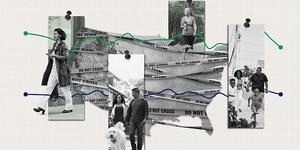
Americans' ratings of the seriousness of crime nationally continue to be much more negative than their perceptions of crime at home.
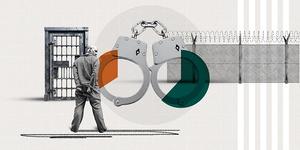
Americans generally view the U.S. prison system as secure, but say it is ineffective at keeping inmates safe or rehabilitating them.

Americans as a whole favor addressing the root causes of crime over boosting law enforcement, and they oppose using military force in U.S. cities, but partisans' views strongly differ.
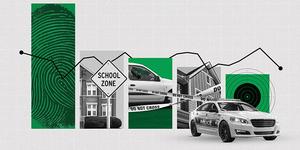
Fewer Americans see national or local crime rising or view these as serious problems, but concerns about child safety and financial fraud remain.
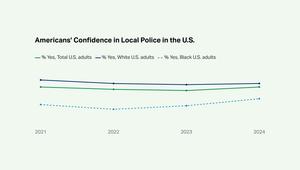
Black Americans' opinions about four aspects of local policing in the U.S. showed modest improvement in 2024, while White Americans' views have been mostly stable since 2021.

U.S. gun ownership rates have remained steady, with drops among Democratic and independent men offsetting a surge among Republican women.
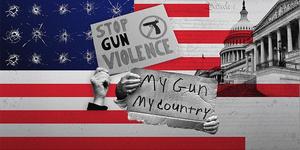
While 56% of Americans favor stricter gun laws in general and 52% back an assault weapons ban, a near-record-low 20% support banning handguns.

Declining support for the death penalty since the early 2000s is largely a result of lower support among Generation Z and millennials.

Americans' views of national and local crime have improved since last year, largely due to Democrats' more positive perceptions.

77% of Americans who have interacted with police in the past 12 months say the experience was positive overall, but those who do not report positive experiences in police encounters have lower wellbeing and feel less safe.

Americans now divide evenly on whether juveniles who commit violent crimes should be treated the same as adults or receive more lenient treatment.

Being the victim of a scam is one of the most prevalent crimes U.S. households experience, and also one that causes anxiety for a majority of Americans.

Forty percent of Americans are afraid to walk alone at night near their home, the most since 1993. This coincides with elevated public concern about being mugged, murdered, carjacked or having their car stolen or broken into.

A majority of Americans again say the U.S. criminal justice system is not tough enough. Far fewer now than in 2003 believe the criminal justice system is fair.

A new high of 63% of U.S. adults say the crime problem in the U.S. is extremely or very serious.

A majority of Americans say the U.S. is losing ground in coping with the illegal drug problem, while 24% say it is making progress, the lowest in Gallup's trend.
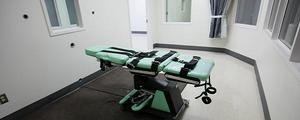
A record-low 47% of Americans think the death penalty is fairly applied in the U.S., while a slim 53% majority continue to favor its use for convicted murderers.
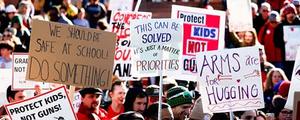
Fifty-six percent of U.S. adults want gun laws to be stricter, consistent with most Gallup polling over the past 30 years.

Attitudes toward local policing among Black adults differ by gender, with Black women having less-positive perceptions than Black men.